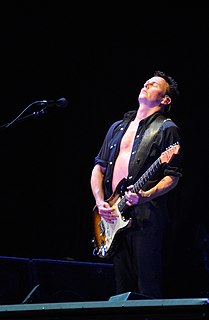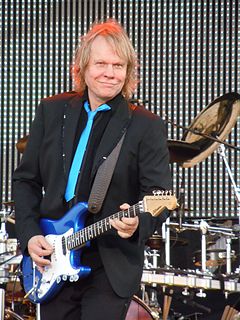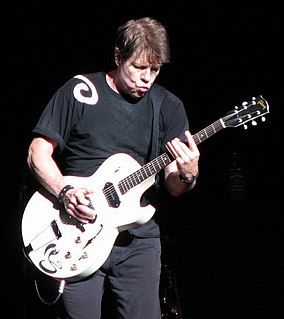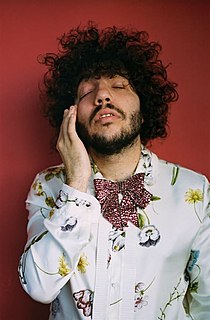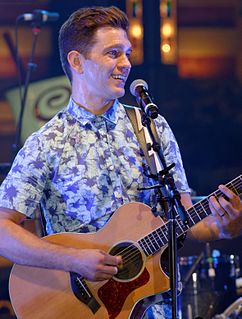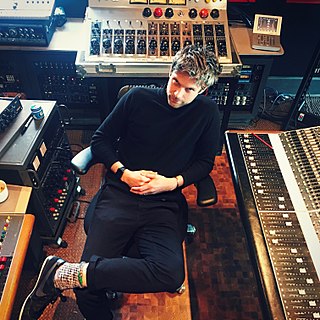A Quote by Mike McCready
I'll hear us on classic rock radio stations, and I'll go, 'Oh, my God, we're getting old!'
Quote Topics
Related Quotes
I don't listen to the radio, cause I don't have a driver's license. But if I'm in L.A. or somewhere where we have to rent a car, I'll hear my songs. Sometimes I hear them when I'm in stores, and I'm still like a little kid in a candy shop: 'Oh my God, that's my song!' I don't know how that could ever get old.
